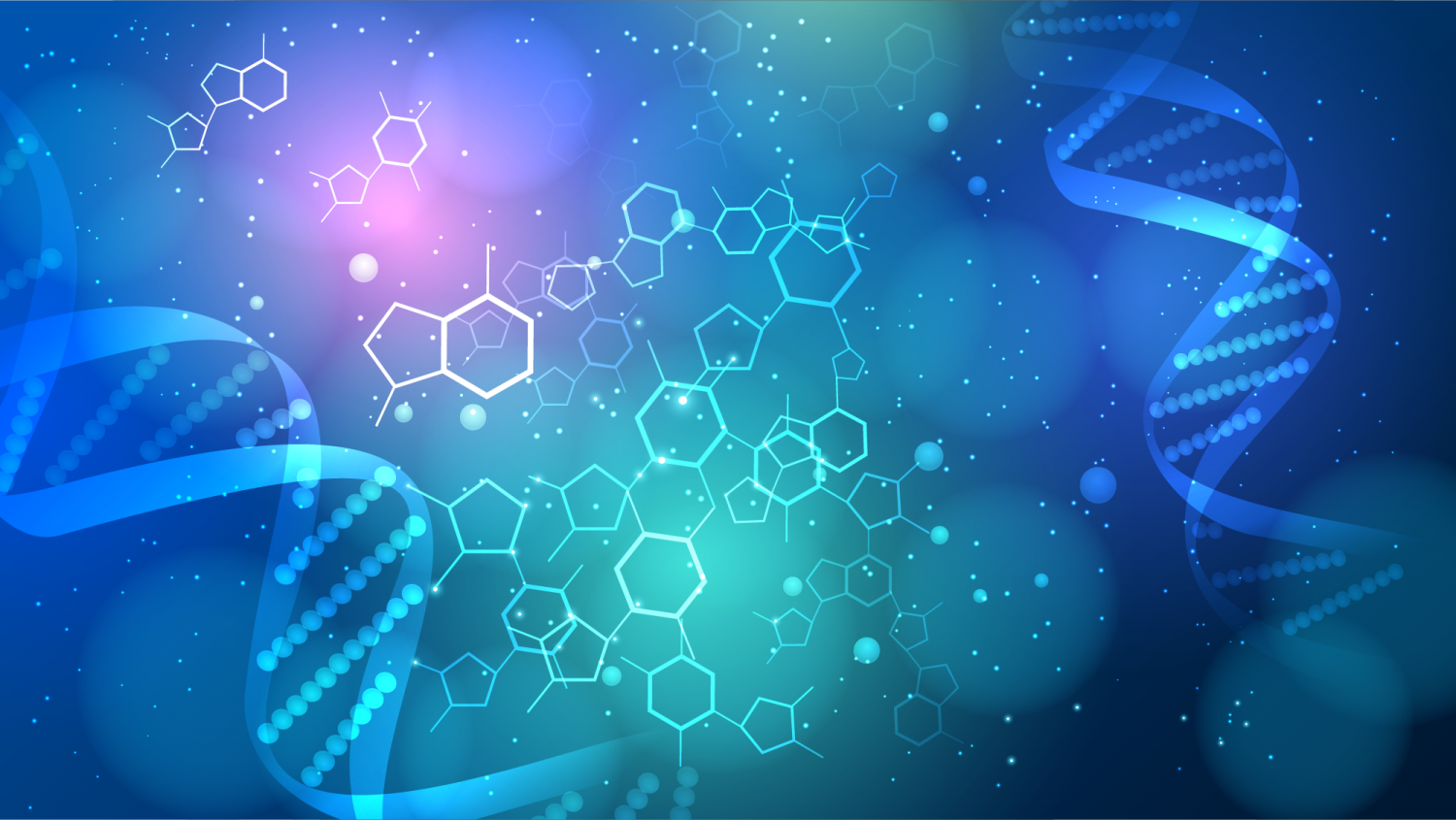
This project concerns the development of sensitive materials based on corroles and phthalocyanines which will be deposited on 2 types of sensors: SAW or conductimetric in order to develop two MAJOR applications:
- the first in HEALTH, which will concern the non-invasive detection of volatile biomarkers emitted during expiration. The selective detection and quantification of these molecules (alveolar air) can provide essential information on the patient’s state of health, in particular ammonia (chronic renal failure), carbon dioxide (alveolar air control), aldehydes (cancers), etc. Electrochemical detection in urine will also be conducted.
- the second in the field of ENERGY and the control of the purity of DIHYDROGEN (H2), the green energy of tomorrow, following an industrial need (Air Liquide). At the end of 2020, the government decided to devote 2 billion to the development of the H2 sector. The quality of the gas must be controlled in order to avoid deactivating the catalysts and malfunctioning the on-board fuel cell. Today, measuring these impurities at very low levels (e.g. CO at 200 ppb) requires complex and inadequate analytical methods.
This project is held by FEMTO-ST and ImViA and is supported by the Bourgogne Franche-Comté region and the National Research Agency (ANR):
One Post-Doctorate positions is opened for this project. To apply please contact directly by email the person in the job file below :
Post-Doctorate Position :





